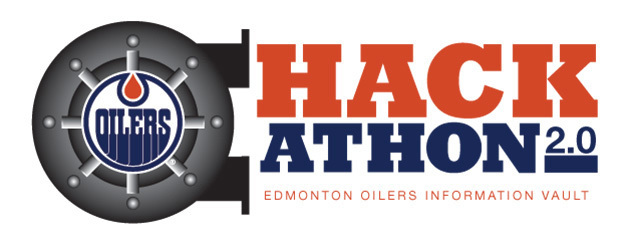Michael Brydon nets silver in NHL analytics contest
Aug 12, 2013
Beedie School of Business associate professor Michael Brydon has scored a top-two placing in an analytics challenge established by NHL franchise the Edmonton Oilers. The Edmonton Oilers Hackathon 2.0 saw the Oilers open up their vault of in-depth and historical data to hockey and data enthusiasts, who were asked to submit their own analyses and present a compelling case to help the club win games.
Entries were scored over the course of the 2012-13 season based on their accuracy in answering four queries posed by the Oilers Analytics Working Group. Participants were provided with the means to succeed by having access to information that had previously been kept under lock and key.
“I am not a hockey guy – indeed I have approximately zero insight into the game,” said Brydon. “I used standard data mining techniques and sophisticated software, similar to what I teach in my Bus 462 Business Intelligence class, to perform well against some pretty fired-up fans.”
The first three questions asked contestants to predict the regular seasons points per game, predict the season’s even strength save percentage for goalkeepers, and predict the goal differential for each regular season game.
The fourth question, dubbed, “the difference maker,” asked participants to conduct a predictive analysis of their choice on some dimension of potential value to the Oilers such as in-depth reviews of player performance and year-on-year deviations. Brydon opted to focus on the amateur draft, which he argues has a more direct link to managerial decision making in the NHL than low-level outcomes such as goals.
He hoped to utilize an approach he and fellow Beedie professor Peter Tingling have dubbed “opinion analytics” in their previous research on the NHL draft. The technique involves the use of subjective scouting assessments of hard to measure characteristics, such as “hockey sense” and “grit” to predict whether an 18-year-old will go on to play in the NHL.
Brydon says that his and Tingling’s research with other NHL teams shows that mining the subjective assessments of scouts can yield much better predictions of future performance than the hard numbers found on score sheets.
“The Oiler’s confidential scouting data was not released as part of the Hackathon contest, so I had to rely on conventional objective measures of player performance for this part,” said Brydon, “We believe that analytics in hockey will not replace scouts but rather recast them as the critical data source.”
Brydon’s accurate predictions earned him two tickets to watch an Oilers home game from the press box, as well as two autographed Oilers jerseys.
More information on the Edmonton Oilers Hackathon 2.0

